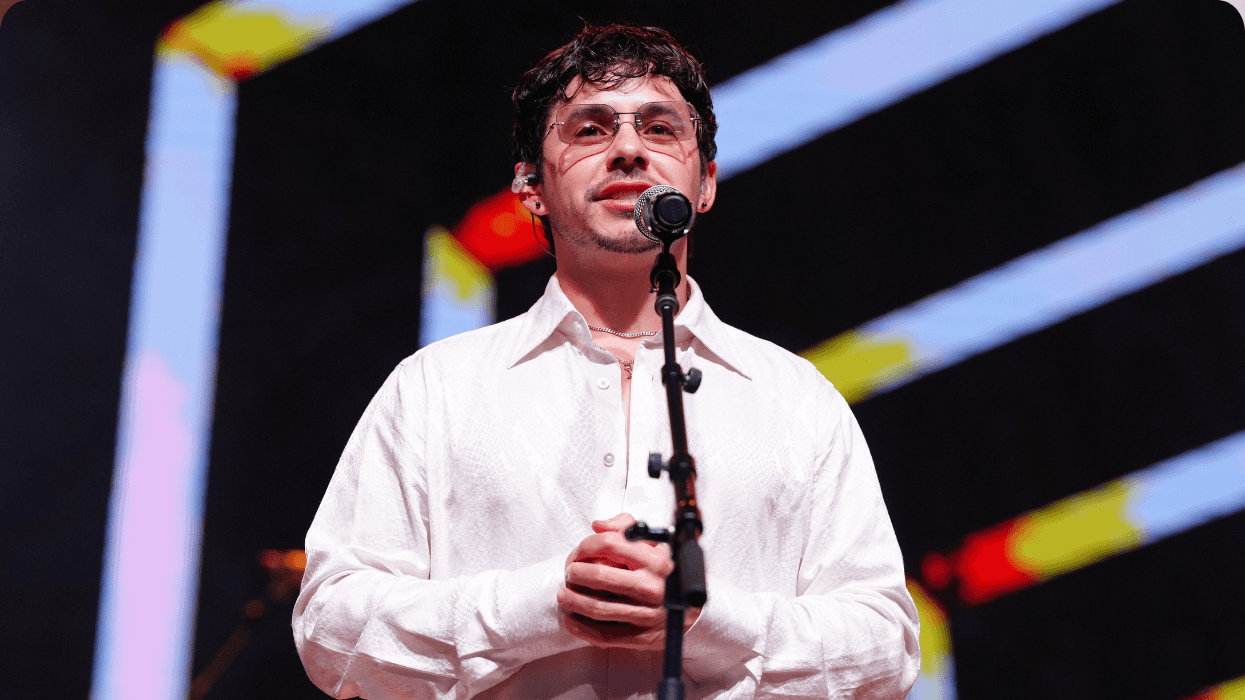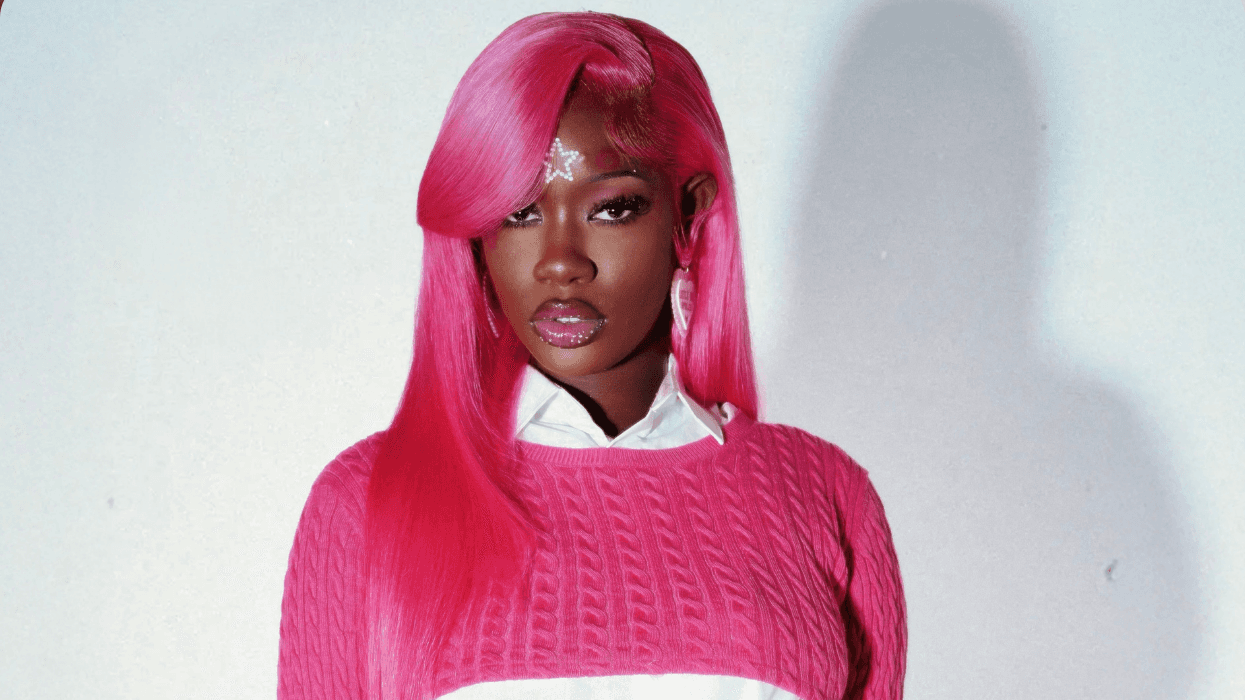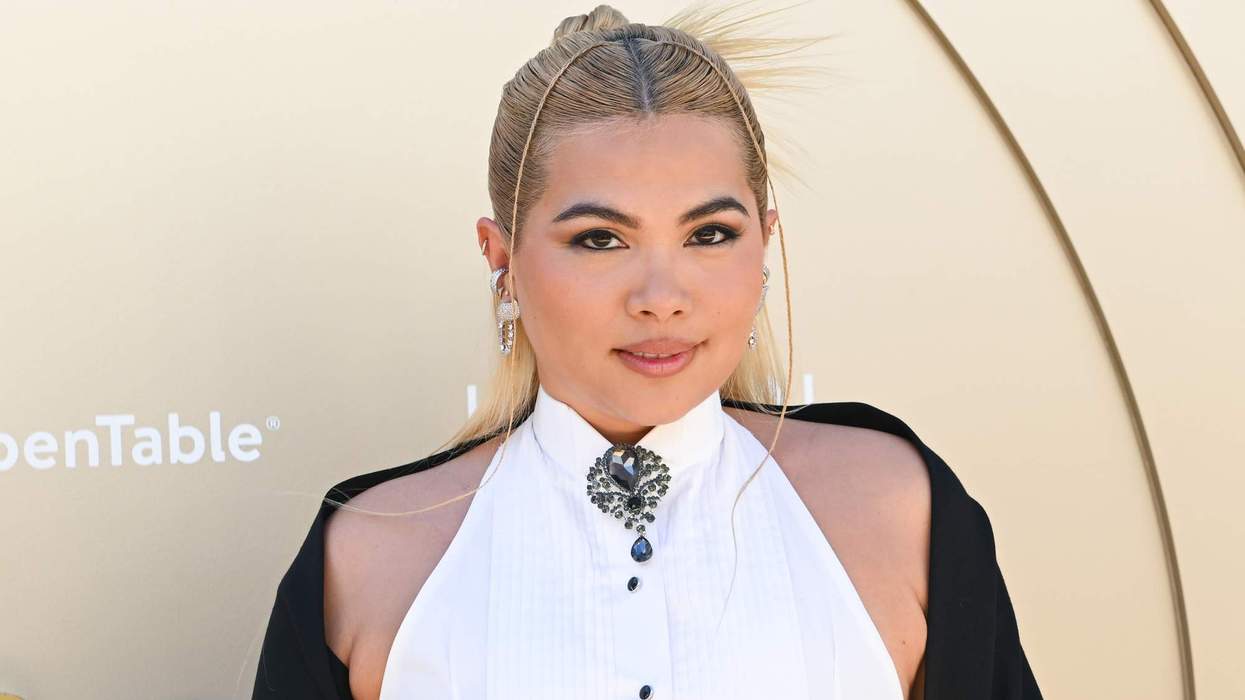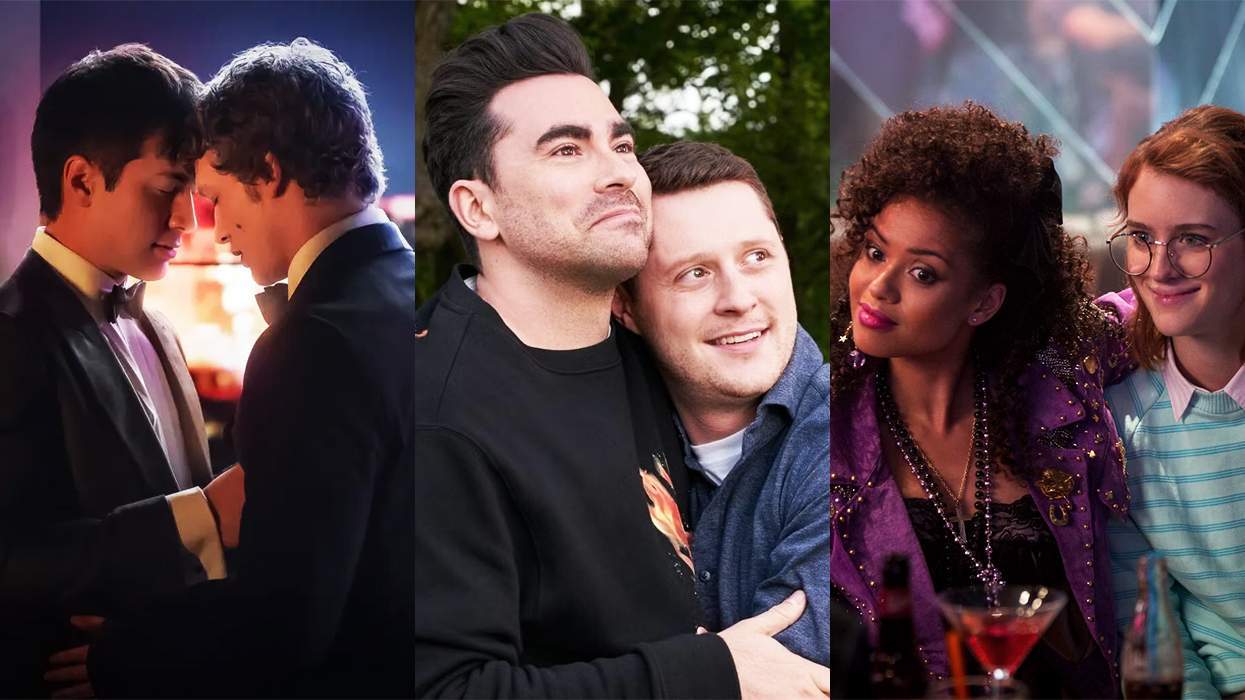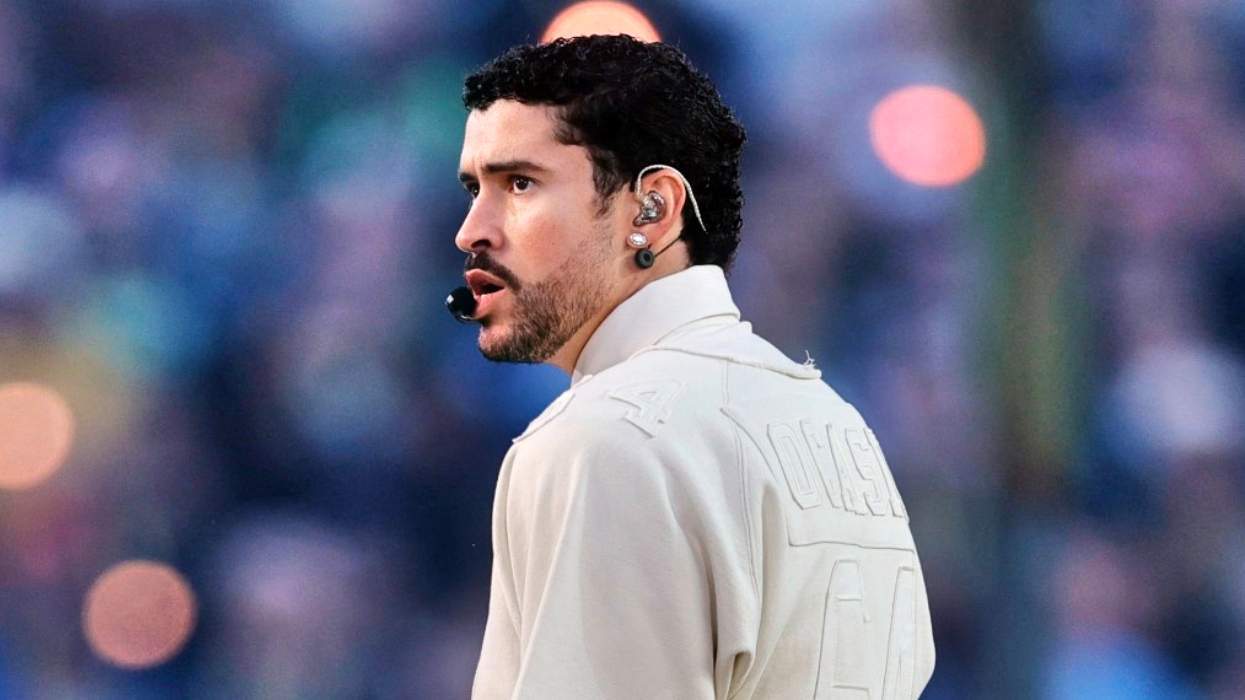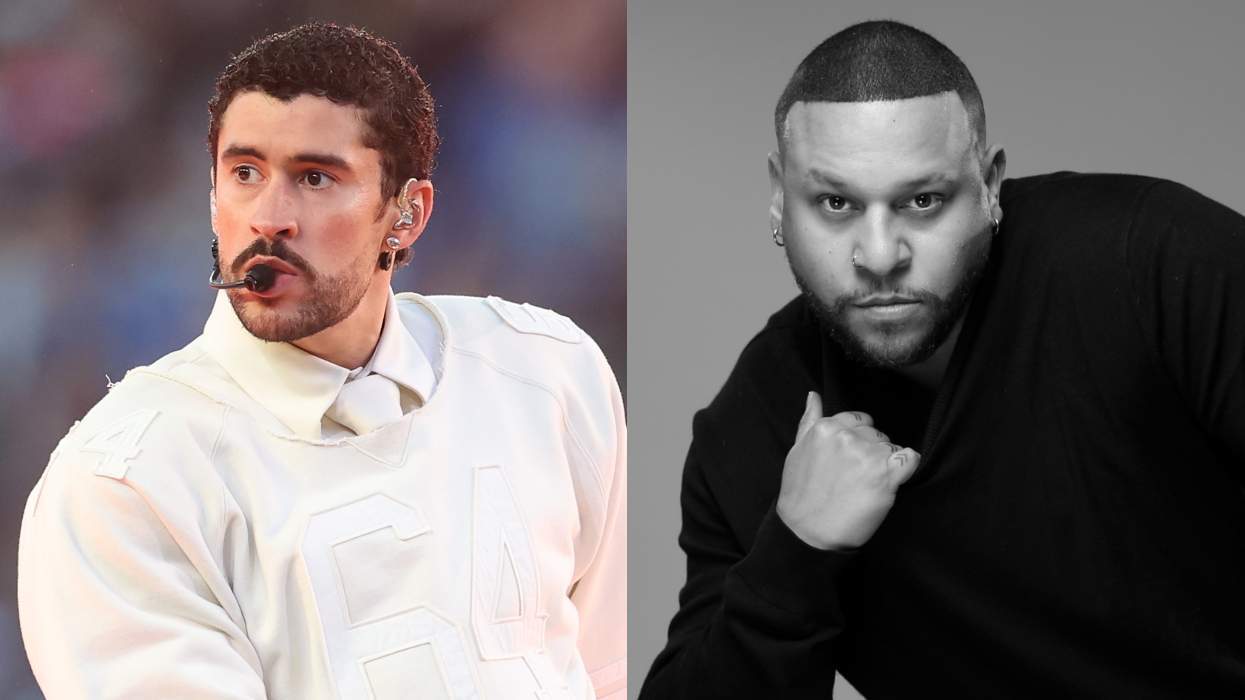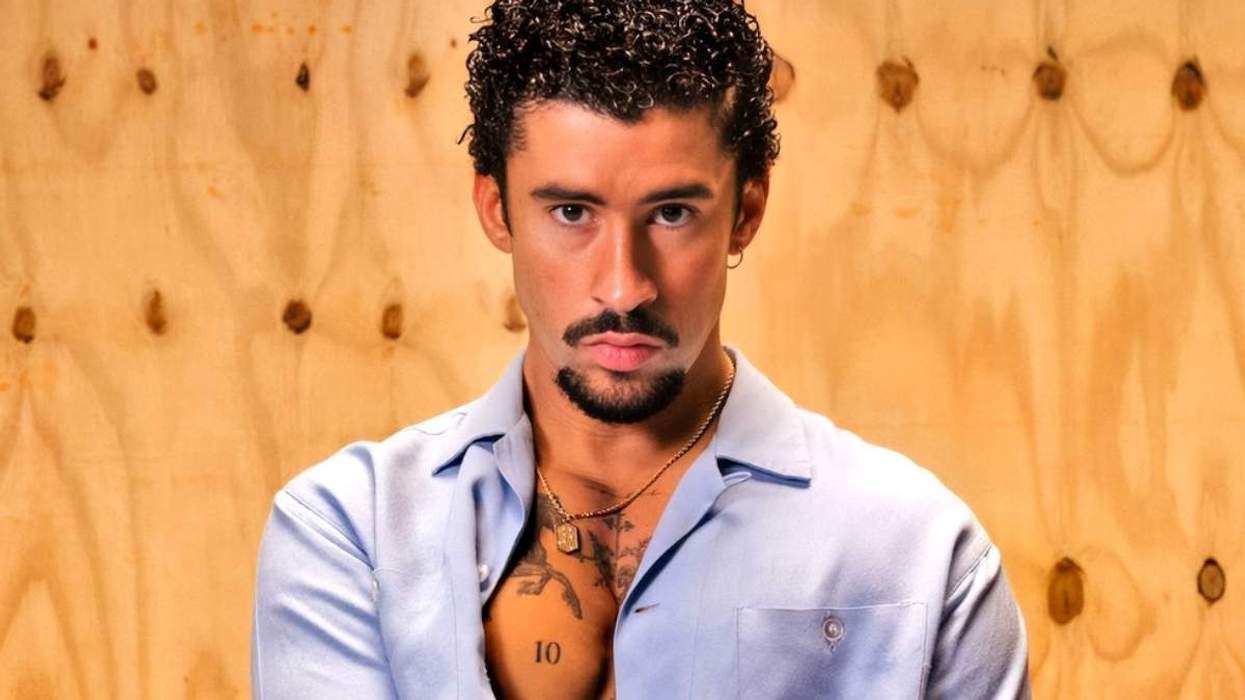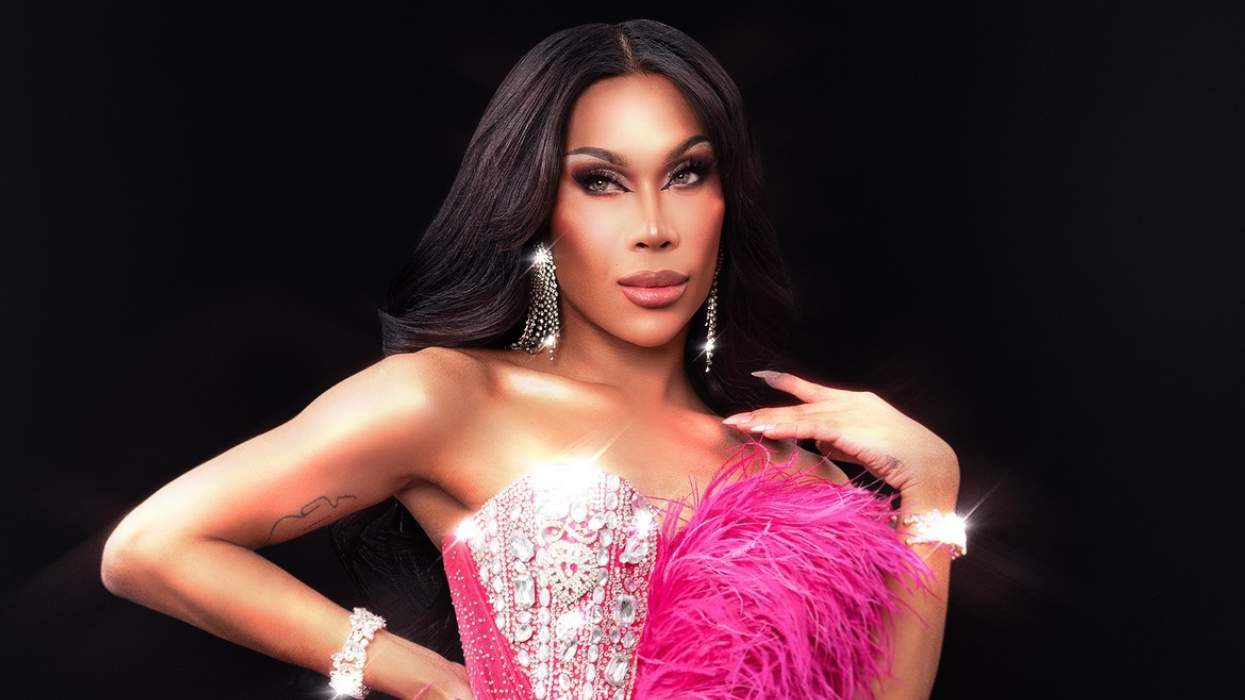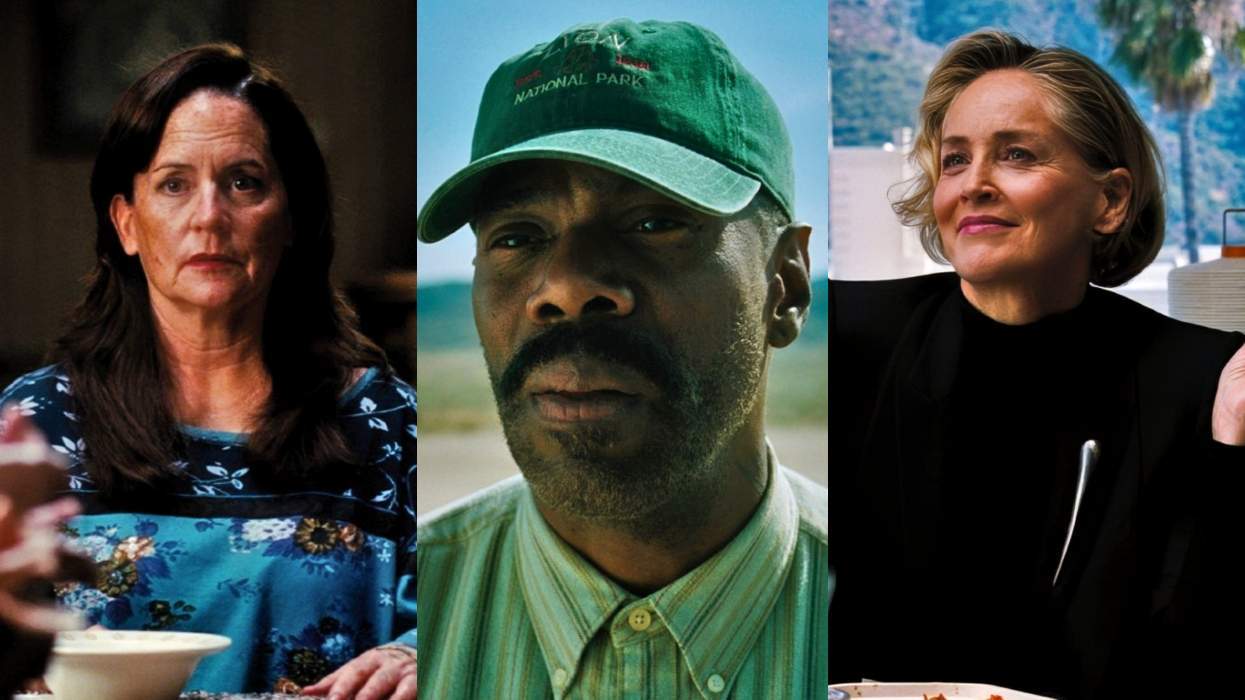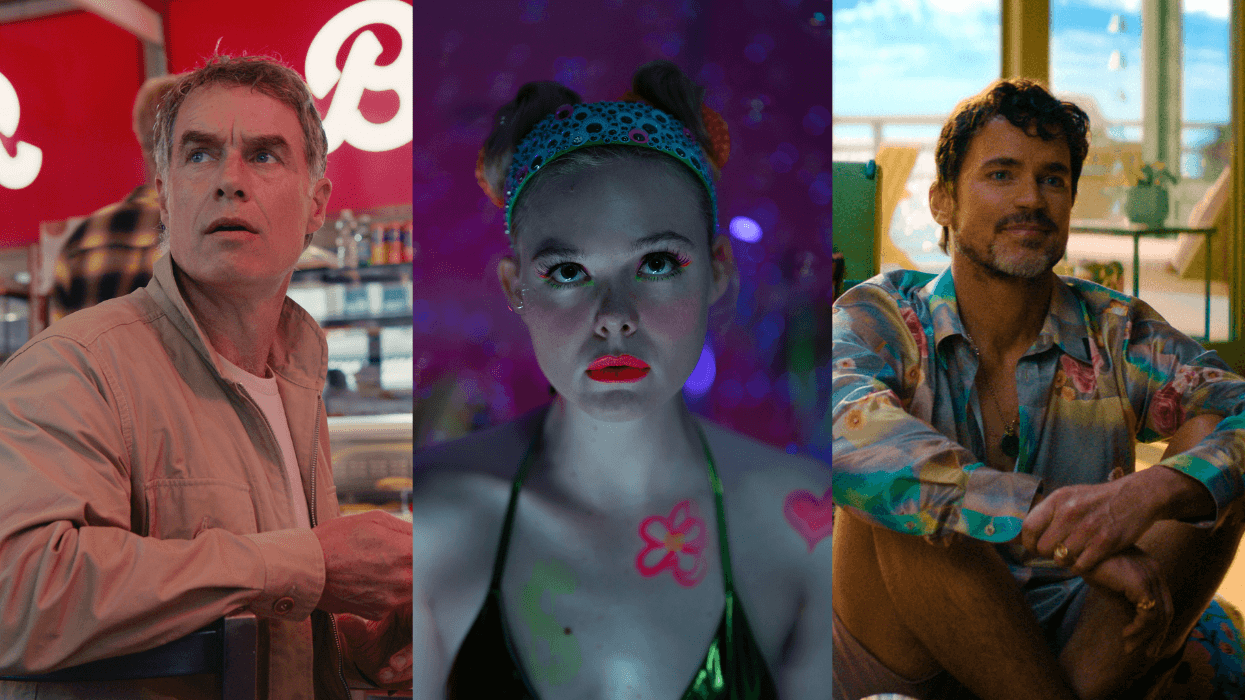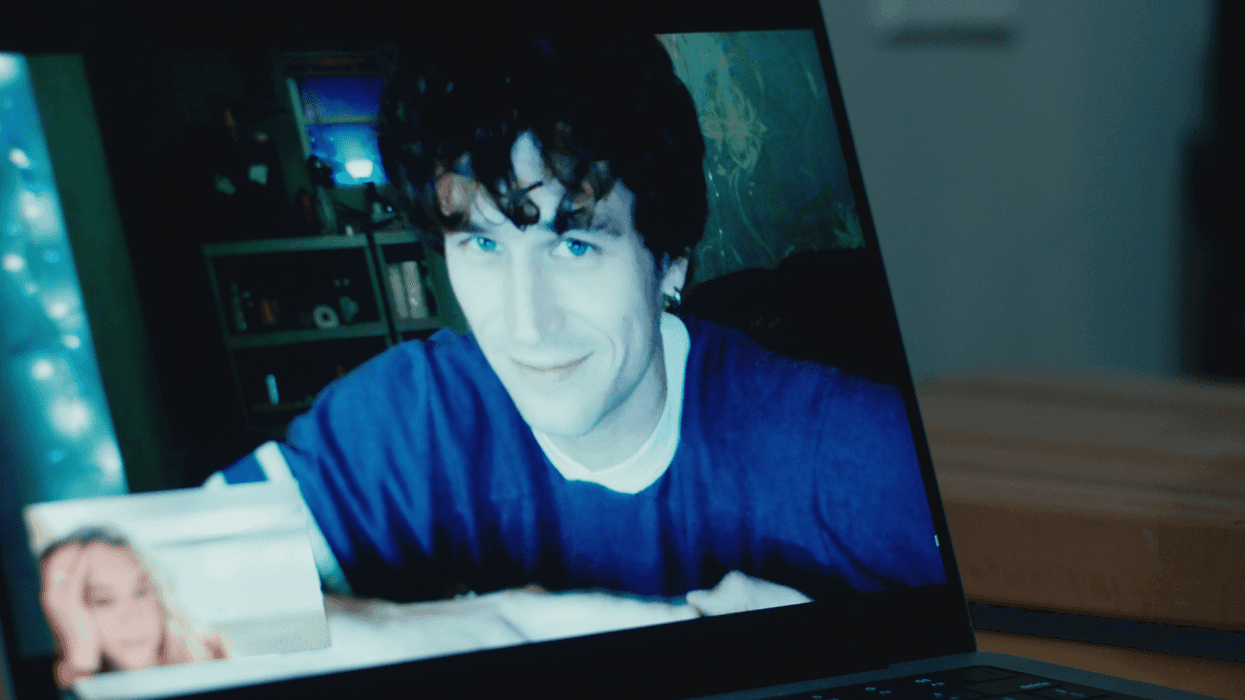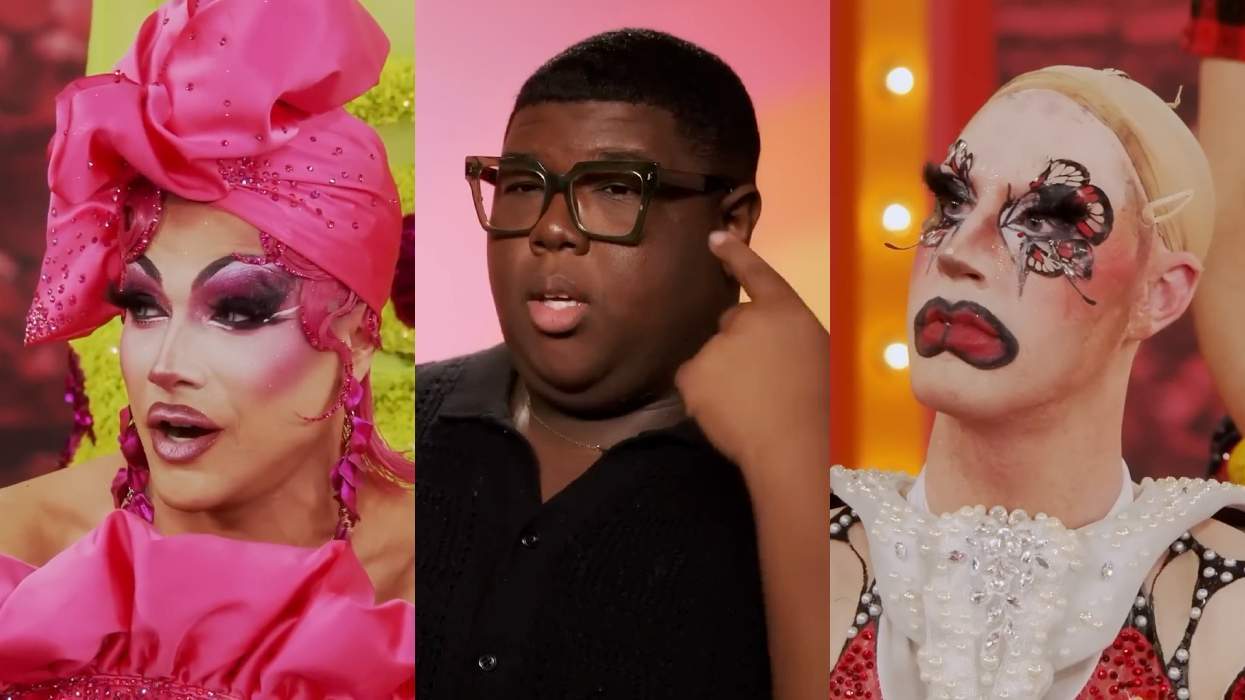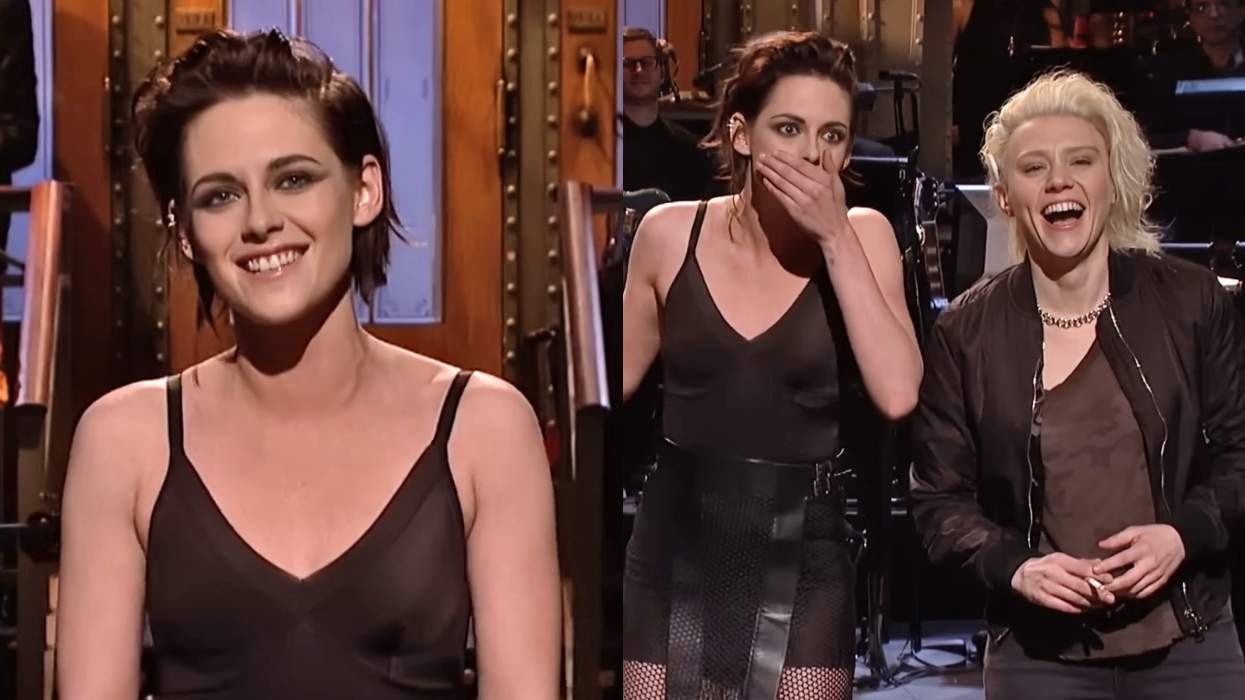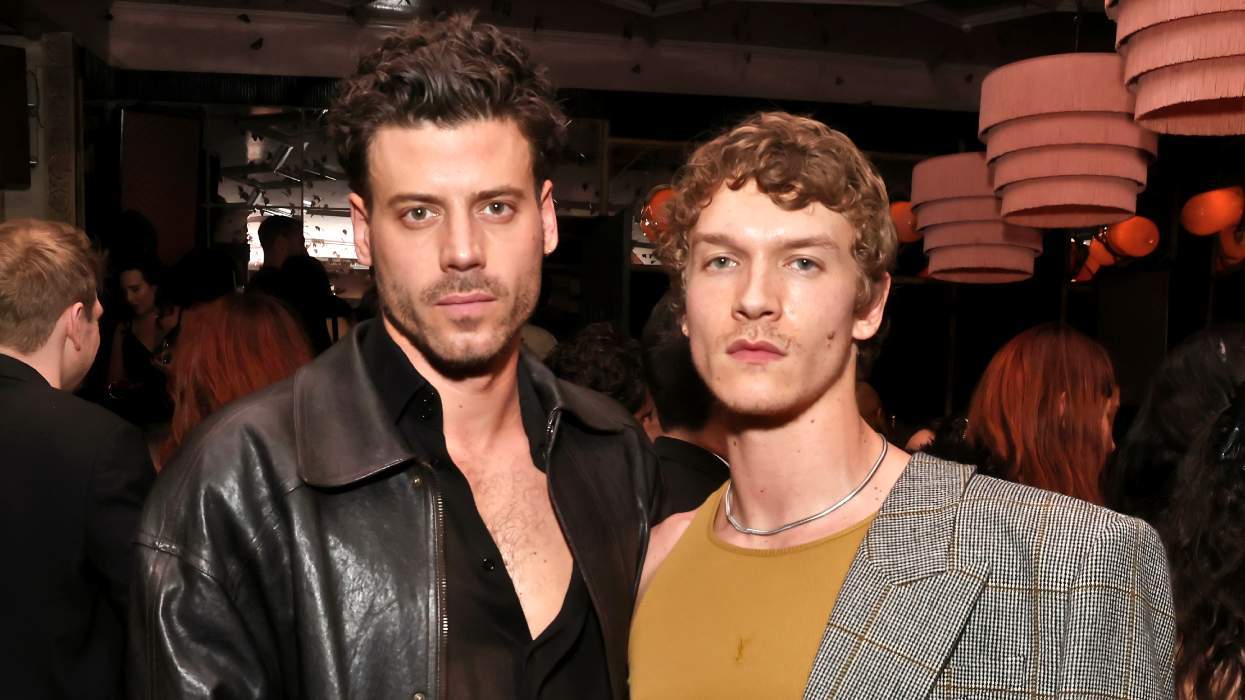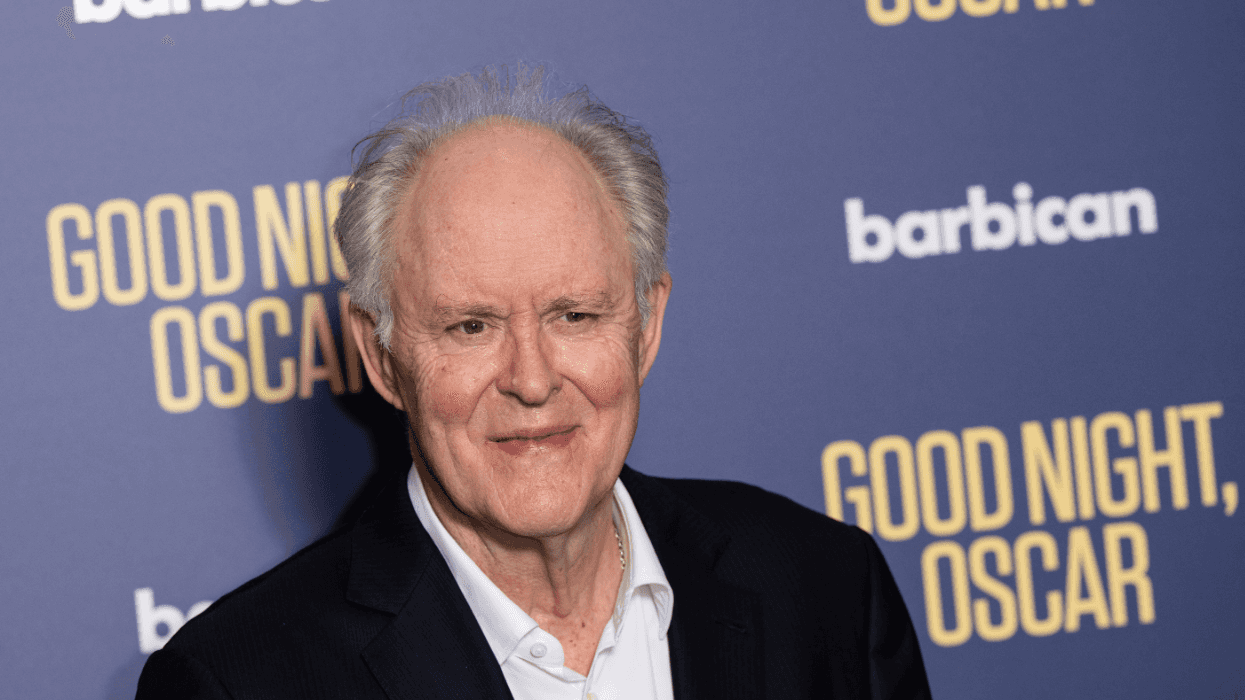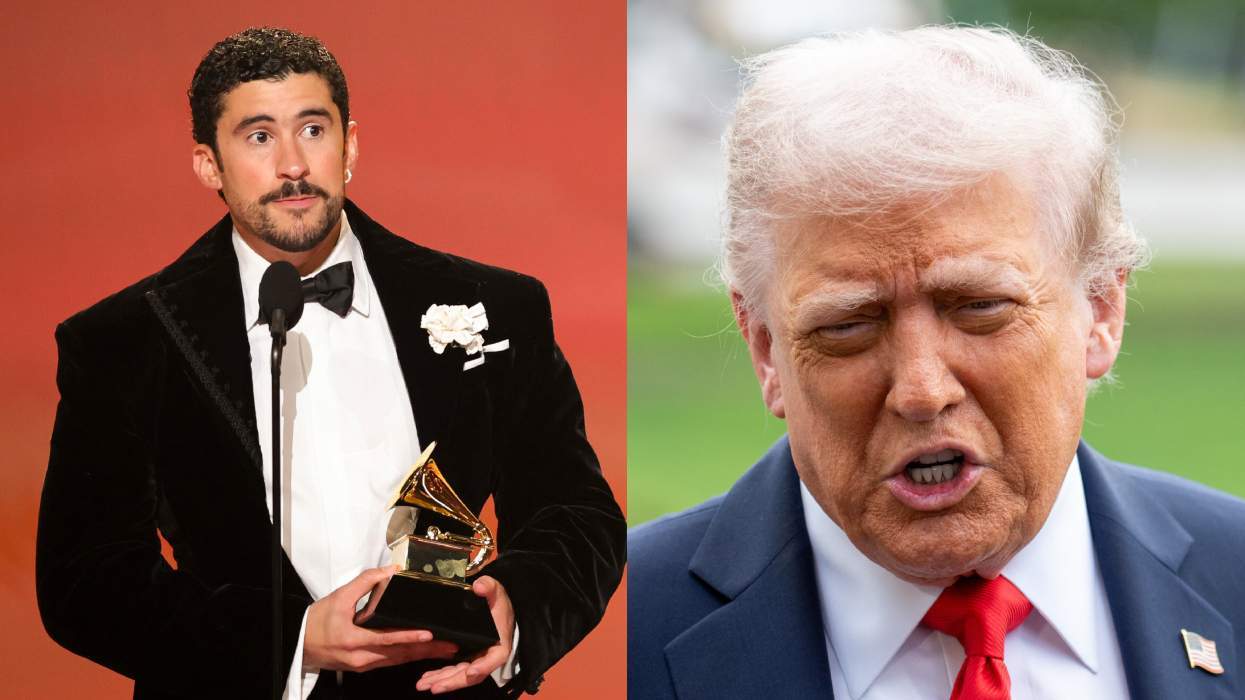At this point, it's confirmed: Big Little Lies is the best thing that's happened to us in 2017 (ever). Reese! Nicole! Laura! Shailene! Zoe! The performances in this limited series are all legendary, the great tragedy being that it will all be over this Sunday at 9 PM EST. One of the greatest heroes of this show, however, is Dr. Amanda Reisman: the therapist to Nicole Kidman's character Celeste, played by the incredible Robin Weigert.
We had so many burning questions for Ms. Weigert: how does one keep their cool opposite Nicole Kidman's best, most tearjerking work ever? Has she gone to therapy before (spoiler: she's very well-versed in psychoanalysis)? What could she tease about this weekend's finale? Thankfully, we had all our questions answered and more in this exclusive OUT interview.
OUT: Like many, I'm obsessed with this show, and specifically your scenes. I think the place to start is addressing the elephant in this room, which would be Nicole Kidman. How was it having her as a scene partner and reacting off her?
Robin Weigert: Really, really wonderful. She's so finely tuned. She's very present. I don't know what she was tapping into for this role, but what was in the room felt real. And it was so easy to take my cues off of what she was bringing.
Was it something you had to build up to, for these super emotional moments? Did it require a lot of takes?
No. And actually, this director doesn't work in that way at all. You're just sort of flung in. As a matter of fact, I think I had a scene that was in two parts, where there was a scene in between. And didn't really have a signal from the director before we started rolling that we'd be filming those scenes together, and then it just kept going. So we went with it. There was very little talking or processing--it was just set up and go. He talked to the camera guy more than to us.
Did the director give you any notes before starting?
No, I mean, Jean-Marc is a very intuitive director. He's very much in his body and reacting and present in the room with you. And it's very... non intellectual, I guess. He thinks on his feet. There's not a lot of processing about the scene. It's really just the work. He has a long relationship with his DP. He would relate to us very quietly and then erupt into French with directions for his DP. So this amazing guy would be on his back filming a water glass, and then be over by us.
Was there a lot of improvisation going on in your scenes at all?
Well, David E. Kelley wrote some extraordinary therapy scenes. I give major props to him. I've read a lot of therapy scenes in my life, and he was so attuned to the nuances. Even within that there are a number of choices with how you interpret it. There's a big difference, for example, in how I played the scene where I'm gently taking Nicole through her defenses, and then once we've gained that ground, there's a much more proactive approach. Honestly, one can imagine there may have been therapy scenes in between the ones on film, because so much ground has been covered between one and the next.
The way Jean-Marc set up the scene in the final episode, what he brought to that scene as a director, was different from what the writer had imagined. That was an interesting place to be thrown into. It was much more off-balance for me. Because the scene was written with one idea, and the director had a different idea. I don't want to say more beyond that.
My friend and I talk about the therapist scenes a lot, and we were debating if Dr. Reisman has seen this kind of abuse in a patient before. Do you feel your character is seeing this level of violence in a patient for the first time?
This is just something I suggested to myself--it's not written anywhere. But I felt instinctively that she must have some sort of counter-transference issues going on - that's where the patient sitting in front of you is somewhat triggering things for you as well. But she's a good enough therapist that she has that mostly in hand. She's right to trust her intuition because she's already experienced with this situation in some form.
It's such a difficult role because it requires great emotional gravitas, but also subtlety. You're there to listen and observe, and I think you find a beautiful way to play a quiet role in such a loud situation. I want to know how you prepped for the role--did you go to therapy to get used to it?
I like the way you word that: being quiet in a loud situation. That's certainly a therapist's job: to hold a mirror up so a patient can see themselves. And it's not easy to do, because you can't move someone more quickly than they're ready to go in terms of seeing themselves. This doctor has to override some of her natural instincts to take things slow.
As far as my experience, I'm actually the daughter of a psychoanalyst--my father was quite a wonderful psychoanalyst, and his mother before him was a psychoanalyst and the head of the Washington Psychoanalyst Institute. I had a wonderful therapist myself named Florence Falk, who I still check in with from time to time. I saw her in my twenties pretty concentratedly and she helped me a great deal. She was unusual in that she was very emotionally present in the room. Some therapists try to be more stoic, and this therapist that I got much from is very much a human being in the room. So I think I took a lot of my cues from her. That's the only thing that would have worked for me, and somebody as volatile and emotional as Celeste, I think that's the only thing that would work for her.
Do you know what style of therapy your father had?
Well, I was never in the doctor's room with my father. But I have a sense that he was very present. And there's a beautiful testament to how present my grandmother was. When I graduated high school, the mother of a friend of mine had me over, and in a very ceremonial way gave me this amber necklace, and put it over my head and told me the story of this necklace, and let me know that she had been a patient of my grandmother's. And she had been so low at one point that she'd thought of taking her own life, and my grandmother crossed the room and took the necklace from her own neck and put it on hers, and said, "Because you matter." And it really helped save her. And this was the necklace she bestowed upon me.
So there's so many great actors and actresses on this set. You also got to do scenes with Alexander Skarsgard.
He's really wonderful in that scene. You almost buy it. He knows exactly how to give Celeste what she wants to hear.
Did you get to hang out with any of the rest of the cast? Reese?
The way it was set up, which was really nice for all of us, was that we would have a table read of a full episode together as a cast. So we'd all gather together at least one time in a room before an episode was filmed. And it was nice to get that context of where your scene fits. There was a little social time, but it was mostly work. It was cool to see the women executive producing--Reese and Nicole--with their sleeves rolled up. That was really wonderful. I like them both quite a lot.
Were you able to visit any of the rest of the set?
It was filmed in a bunch of different locations--I never got to go in any of those gorgeous houses. But my office was built on a set. It was not some office in an actual location.
I saw this Tweet, where someone is calling for a spin-off of the show called Our Time Is Up, where it's just you giving therapy. Are you down to film that?
It would have to be posed in a form other than a Tweet for it to be something I could really contemplate, but it's been really flattering to hear the feedback, and that real therapists are really responding to this role.
Anything more you can say about the final episode on Sunday?
It's very dramatic. You're going to find out everything that's been teased the entire season. You're going to get answers and I think it's going to come in very unexpected ways.



